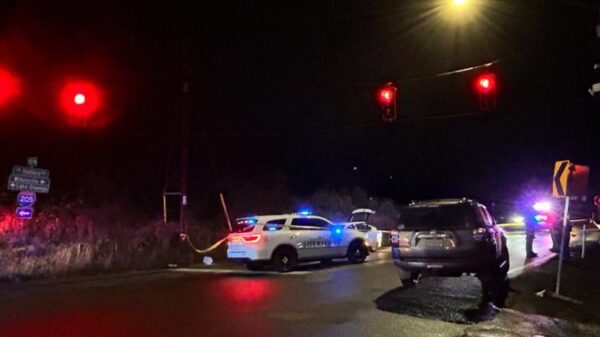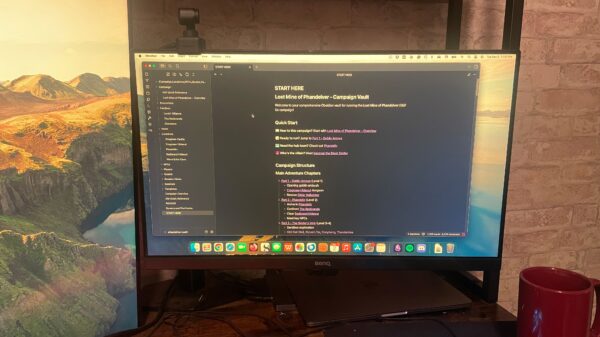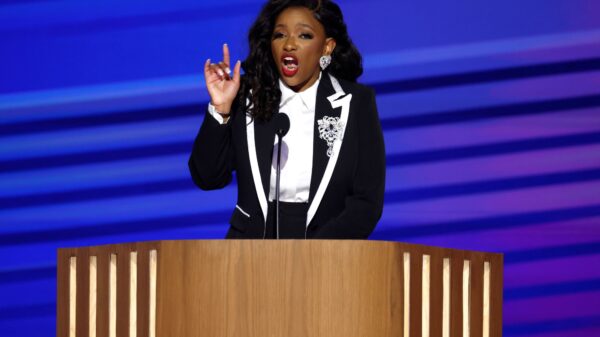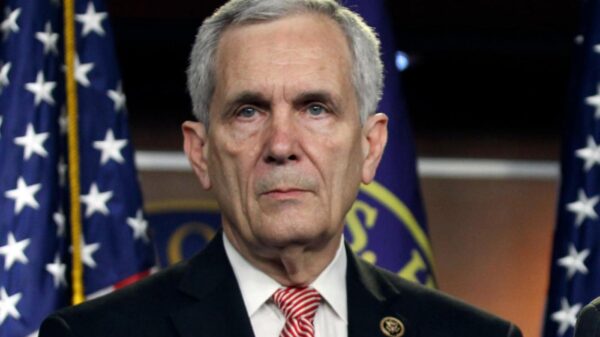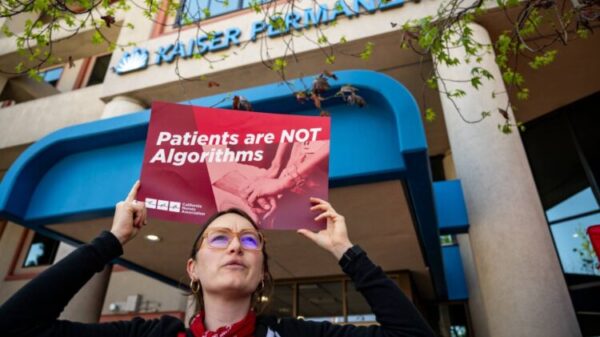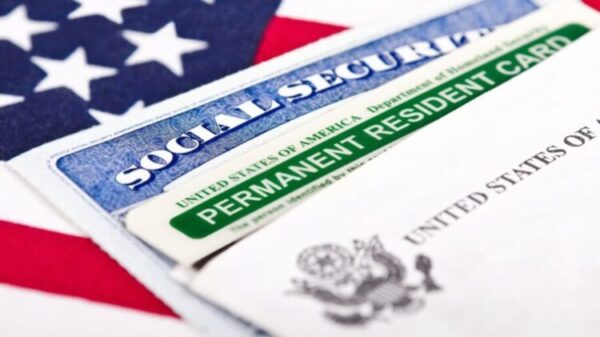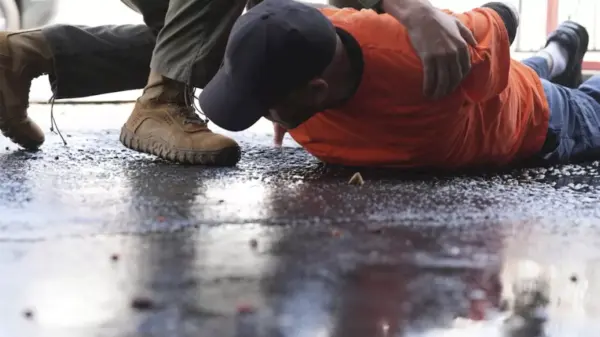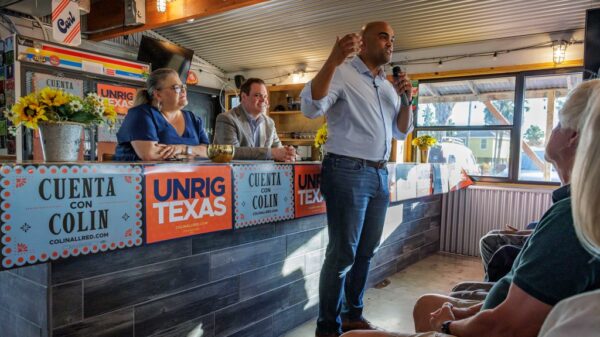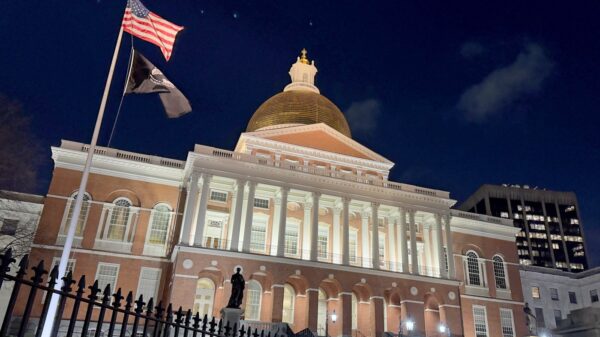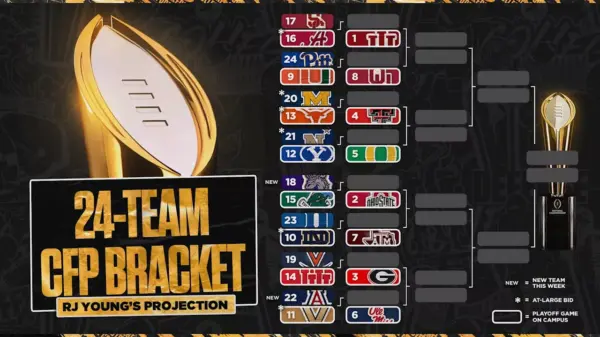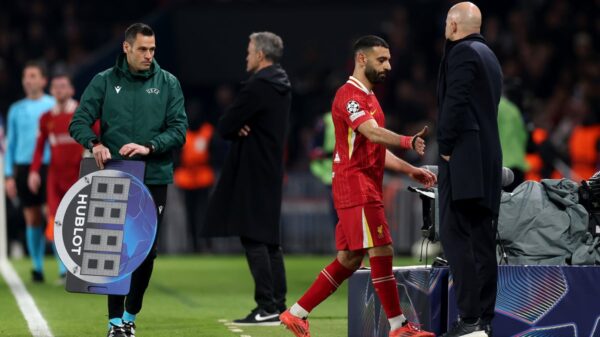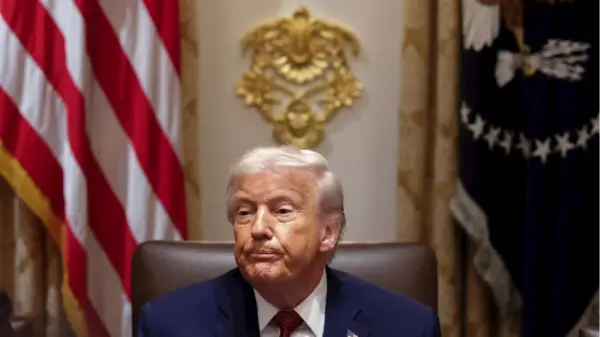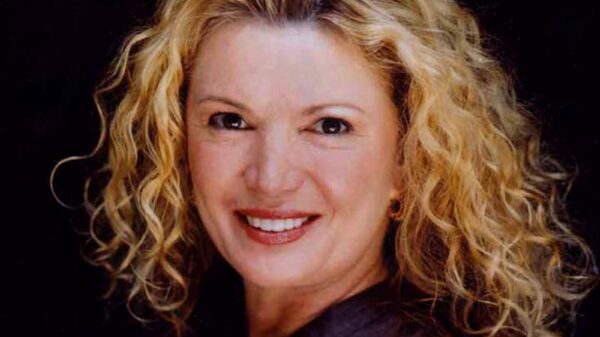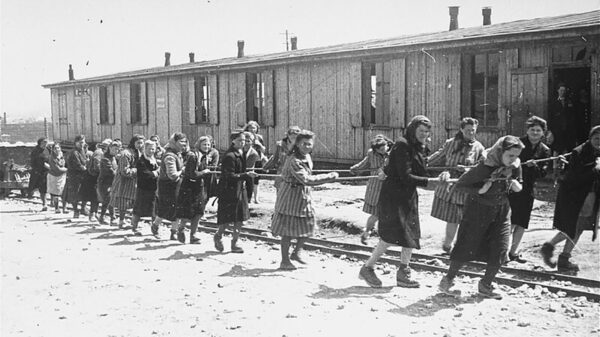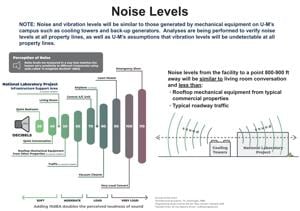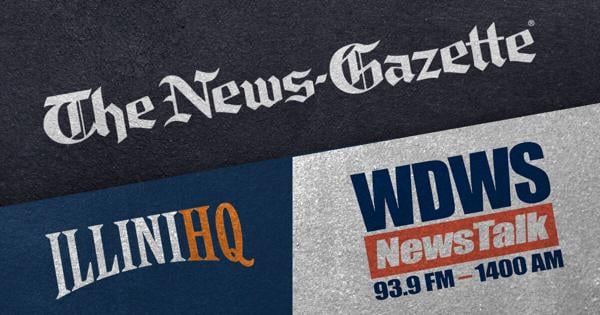President Donald Trump has faced criticism for his recent interventions in Washington, D.C., raising alarms about the state of democracy in the United States. His authority over the National Guard, combined with the federalization of the Metropolitan Police Department, has led to concerns regarding an emerging autocratic governance model.
The situation escalated as Trump announced the deployment of agents from Customs and Border Patrol, Immigration and Customs Enforcement, and the FBI to the nation’s capital. This move comes at a time when crime rates in D.C. are reportedly lower than in many “red” states, undermining the justification for such a heavy-handed approach.
Concerns Over Policing Tactics
Currently, Trump has authorized an additional 1,000 National Guard troops from various states, all of whom are now permitted to carry weapons. Critics argue that this militarized policing presence serves more to intimidate than to protect. Trump has indicated plans to extend the initial deployment deadline beyond the 30 days, which only heightens anxiety among residents and civil rights advocates.
According to local sources, if Trump genuinely aimed to address crime effectively, he would consider reinstating a budget of $1 billion that was previously cut, which had been allocated for officer training, mental health crisis responders, substance abuse programs, and community violence intervention initiatives. Instead, critics assert that the administration’s actions appear to be geared toward increasing arrests, particularly among communities of color, without evidence or due process.
Wider Implications for U.S. Cities
The implications of Trump’s strategy extend beyond D.C. The President has signaled that cities like Chicago may be next in line for similar interventions. Such actions are seen as an attempt to shift the political landscape, a phenomenon referred to as extending the “Overton Window,” which describes how ideas that were once considered unthinkable can become mainstream.
The potential normalization of these tactics has sparked calls for peaceful protest from concerned citizens. As noted by Jennifer Sercombe of Champaign, it is crucial for the public to resist the trend toward autocratic governance and demand accountability from their leaders. The ongoing situation in Washington raises fundamental questions about the future of democracy and civil liberties in the United States.
As political tensions rise, the need for open dialogue and peaceful protest becomes increasingly important. Citizens are urged to reflect on the implications of these developments and advocate for a return to democratic principles that prioritize justice and due process.



